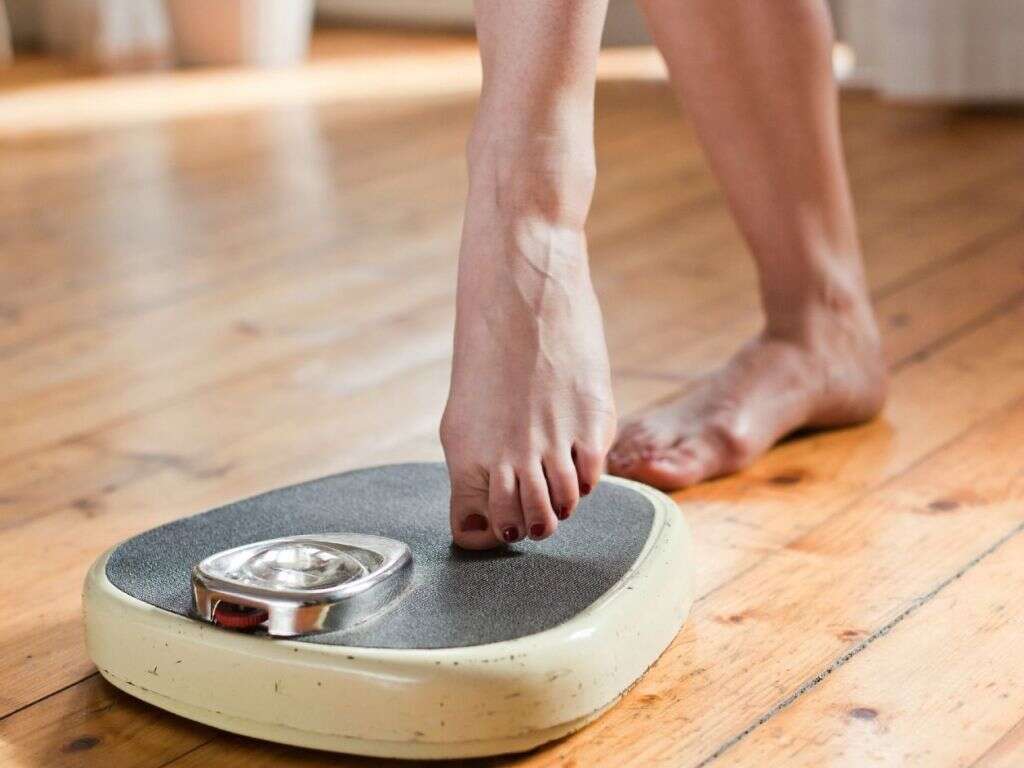10 Eating Disorder Symptoms
 Article Sources
Article Sources
- 1. 'Overweight:' MedlinePlus Medical Encyclopedia. MedlinePlus, U.S. National Library of Medicine, medlineplus.gov/ency/article/003101
- 2. 'Avoidant Restrictive Food Intake Disorder (ARFID).' National Eating Disorders Association, 22 Feb. 2018, www.nationaleatingdisorders.org/learn/by-eating-disorder/arfid
- 3. 'Bulimia Nervosa.' Mayo Clinic, Mayo Foundation for Medical Education and Research, 10 May 2018, www.mayoclinic.org/diseases-conditions/bulimia/symptoms-causes/syc-20353615
- 4. 'Excessive Exercise and Eating Disorders - Mirror.' Mirror, 11 June 2020, mirror-mirror.org/eating-disorders-2-2/excessive-exercise-and-eating-disorders
- 5. What Is Anorexia?: 'How To Spot Anorexia Symptoms .' FightED, fighted.org/about-eating-disorders/anorexia/
Regular Visits to the Bathroom
Eating disorder symptoms come in many forms. One of them could be frequent visits to the bathroom during mealtimes. It may be innocent, but it could be a sign of someone having an eating disorder, such as bulimia.
Bulimia and some forms of anorexia nervosa inspire an individual to deliberately vomit, ridding themselves of the food they have just eaten. The long-term effects of bulimia may include damage to the heart, kidneys and gastrointestinal tract.3‘Bulimia Nervosa.’ Mayo Clinic, Mayo Foundation for Medical Education and Research, 10 May 2018, www.mayoclinic.org/diseases-conditions/bulimia/symptoms-causes/syc-20353615
Advertisement









